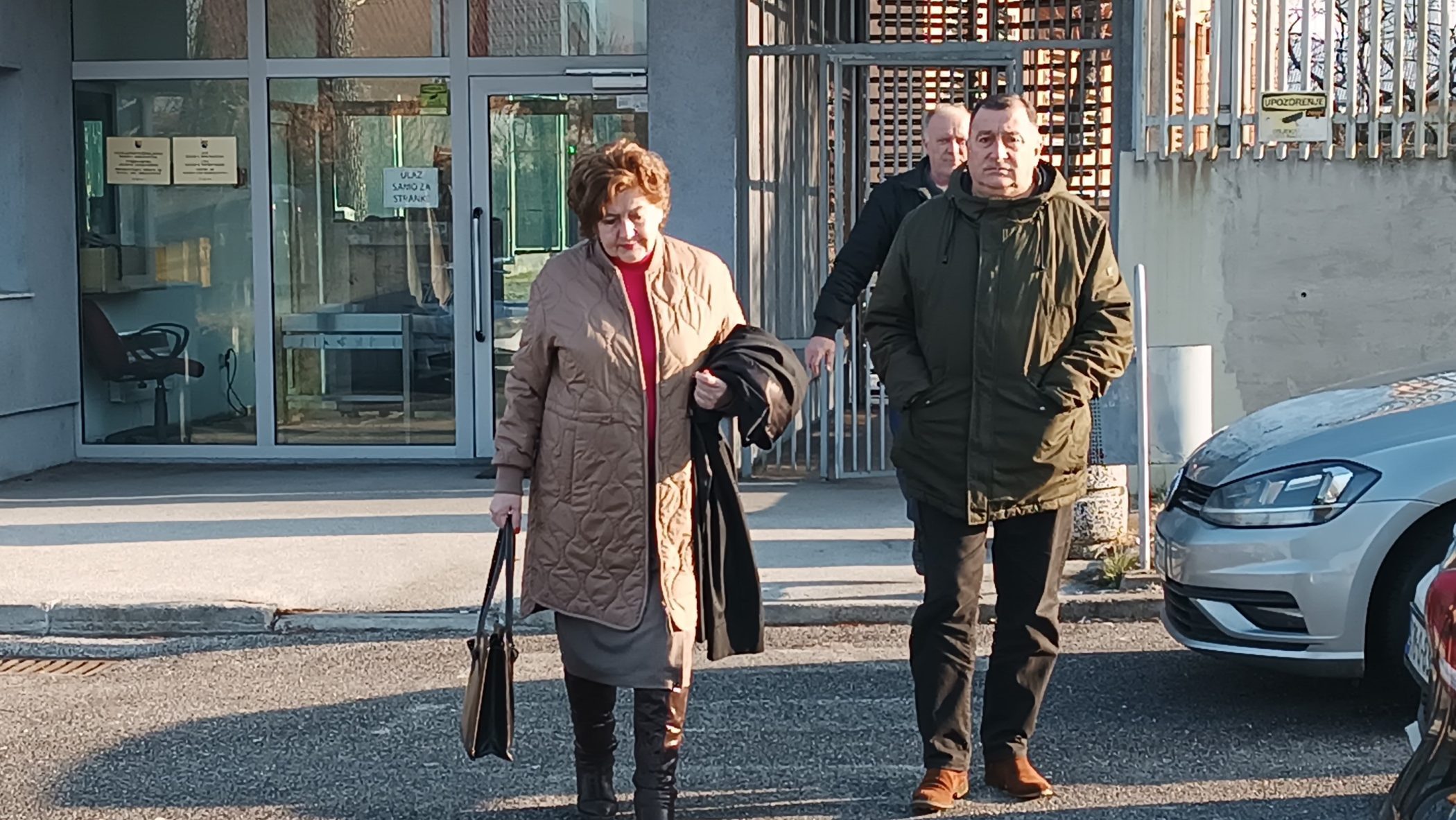She said the family moved to Germany in 1991 but her husband returned to Posavska Mahala in the Odzak municipality, where he stayed until November that year because he could not return due to the conflict.
“He came back in November and stayed until April 1992, when he went to Posavska Mahala again for a short period of time. He returned at the beginning of May after the fall of Novi Grad in the Odzak municipality. He did not leave Germany from that date until the end of the war,” the witness said.
Among other alleged crimes, Brnjic is charged with raping a Serb woman in Posavska Mahala between June 4 and 5, 1992. According to the charges, he was a member of the 102nd Brigade of the Croatian Defence Council (HVO) at the time.
But Brnjic said her husband was not a member of HVO.
She said they had to register as refugees in Germany and report to local authorities on a regular basis, but did not know “whether they have documents that would prove Marijan Brnjic’s stay in Germany in the period covered in the indictment”.
Witness Marko Antunovic said meanwhile he moved to Germany with his family in 1991 and maintained contacts with the defendant after he got there.
“I spoke to Marijan sometime in mid-May 1992, when he told me he had arrived in Germany. However, we were unable to meet each other until June 13 due to other commitments,” the witness said.
He added that he spoke to the defendant on the phone several more times that year.
Also on Wednesday, while testifying at the trial of three ex-policemen for wartime crimes against Serb prisoners in Livno, prosecution witness Goran Bradaric said he worked as a public prosecutor in Livno from May 1992 until the autumn or the end of that year, when he was appointed deputy military prosecutor.
“It is known to me that certain Serbs were invited for informative interviews, but I was not informed that they were detained,” the witness said.
He said that in his role as prosecutor, he received criminal reports about Serbs from the military police, which were accompanied by lists of weapons that had been found.
“At that time, such an act was considered an armed rebellion,” Bradaric said.
He said the criminal reports were signed by the military police commander – defendant Zdenko Andabak – although he added that the commanders changed.
Andabak, Muamir Jasarevic, also known as Babo, and Sead Velagic are charged with the detention, torture and murder of Serb civilians in the Ivan Goran Kovacic school in 1992.
According to the charges, Andabak was the commander of the HVO military police for the North-Western Herzegovina Operational Zone, Jasarevic was his deputy, while Velagic was a member of the crime service of the HVO military police.




